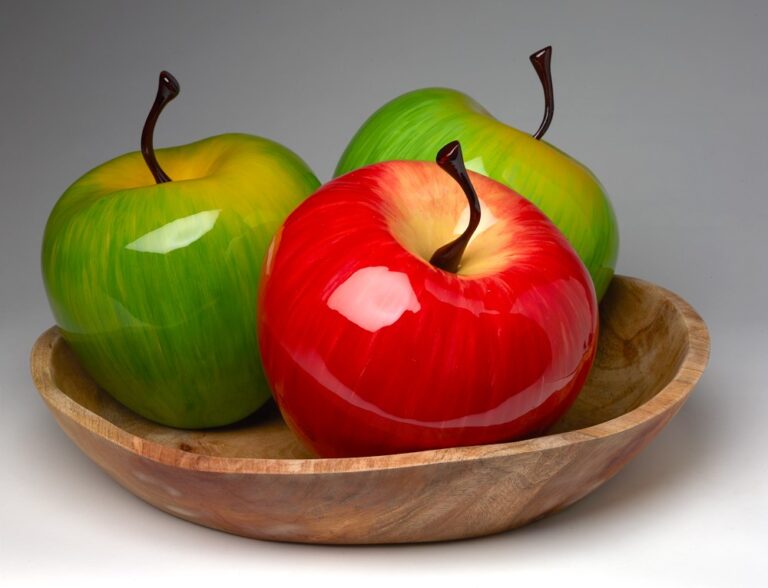
Fruit Ninja IRL: Luis Gonzalez Carves Out a Fruitful Endeavor
- Luis Gonzalez's Art
- Chiara Padejka
- November 26, 2024
- 5 min read
When Luis Gonzalez answers my question, “If you were a fruit, what would you
be?” with “An apple,” it’s not just a whimsical analogy. His response encapsulates his
artistic doctrine: individuality, simplicity, and beauty in imperfection.
From his Colombian roots to his Miami-based studio, Luis’s art bridges culture,
craft, and sustainability. The artist has a way of turning the ordinary into the
extraordinary.
If you’ve ever stumbled upon his vivid, sculpted cherries or his polished,
gleaming bananas at an art fair, as I did a few years ago, you’ll understand the
magnetism of his work. Beyond their immediate appeal, these pieces whisper a
story—one of resilience, nostalgia, and a quiet rebellion against waste. But his
journey—like his work—is anything but linear.
Luis Gonzalez’s woodworking journey began in Colombia, where he watched his
father work with tools and machinery. That early exposure sparked a fascination with
creating functional objects from raw materials. Emigrating to the United States in 2004
marked a turning point. His wife and mother encouraged his passion, giving him the
tools to begin a new chapter in Miami.
“My wife is an integral part of Mamalu Wood,” Gonzalez says, emphasizing the
personal connection behind his brand. The name “Mamalu” is a tribute to the two
women who have been steadfast pillars of support in his life and career. The studio
honors their unwavering support, embodying love, gratitude, and the courage to begin
anew.
While woodworking is an ancient craft, Gonzalez approaches it with a modern
ethos. He innovates by incorporating sustainability and unconventional materials. His
work pays homage to the traditional Colombian arts and crafts he grew up with—woven
apple and pear figurines, rustic and textured. But his Miami-based creations are also
deeply tied to the land he now calls home.
After hurricanes ravage Florida, Luis salvages discarded hardwood from the
debris piled on Miami’s streets. “It felt like my calling,” he recalls. These salvaged
woods, which might otherwise rot in landfills, find new life as vibrant cherries, martini
olives, and towering bananas in his studio.
Luis’s dedication to sustainability is not merely a practice—it’s a philosophy. “The
material speaks to me,” he explains. “Wood is not static. It’s malleable and changes
during the drying process. An apple I imagine might turn into a pear, depending on the
wood’s reaction.”
Luis’s sculptures aren’t just created—they’re cultivated. The process starts with
years of drying, allowing the wood to mature and stabilize. The process of creating a
Mamalu Wood sculpture is as meticulous as it is transformative. Unlike many
woodworkers, who carve into fresh wood, Gonzalez begins with salvaged hardwoods
that undergo a three-to-four-year drying process.
Once the wood is ready, Luis uses a chainsaw to rough out an initial form. The
early carving is stored again until it’s fully dry, and only then does the handwork begin.
Using traditional carving tools and a lathe, Gonzalez shapes the final piece before
sanding and sealing it to a smooth, tactile finish.
The painting process is equally intentional. Gonzalez, alongside his wife, mixes
oil and acrylic paints to enhance the wood’s natural tones while introducing vibrant,
playful colors. “The painting is done by hand,” he says. “We create mixes and reactions
that flatter the wood’s texture.” The result is a collection that feels both playful and
profound.
Luis’s fruit sculptures—iconic apples, cherries, and bananas—reflect his deep
connection to nature. “Fruit is far less difficult to make mistakes with,” he admits,
laughing. Unlike intricate cakes or pastries, which require exact detailing, fruit allows
him the flexibility to explore organic shapes and textures. “Fruit lets me be free,” he
says, smiling. He sees each piece as a celebration of nature’s beauty and bounty, from
its imperfections to its resilience. His latest explorations include oversized coffee beans
and hanging bananas, pushing the boundaries of his creative practice.
Sustainability is key to Gonzalez’s work. By reclaiming wood discarded after
tropical storms and urban tree-cutting, he not only reduces waste but also imbues his
sculptures with a sense of the past. “Whatever sustainable techniques I can harness, I
incorporate,” he says. Increasingly aware of excessive waste, Luis’ creations highlight
the potential of discarded materials that many overlook.
Even scraps from his studio find a new purpose. He stays broad-minded during
the carving process, allowing the wood’s natural grain and texture to guide him. Flaws in
the wood are opportunities to adapt and innovate.
Luis accommodates the potential of utilizing other recyclable materials, such as
glass or leather, though for now, he focuses on the delicate balance of wood and pewter
stems. “Mixing two mediums is already challenging enough,” he says, “but I’m always
open to the new.”
Mamalu Wood has become a recognizable asset at art fairs across South
Florida, from Naples to Coconut Grove. These public spaces provide a platform for
Gonzalez to share his message of sustainability with a wide audience. “It’s important for
my work to support the protection of the planet,” he says.
His popular cherries and martini olive sculptures are consistent bestsellers,
anchoring his public exhibitions. These signature pieces not only attract collectors, but
also introduce new buyers to his work. Gonzalez’s work doesn’t have to scream to make
an impact. Through his humble approach to the craft, he carves not just sculptures but
relationships, proving that every small purchase holds weight.
Private commissions, however, allow him to experiment. Recent highlights are
his first hanging banana and coffee beans, playful nods to both his heritage and his
medium’s versatility. And while his current focus is on smaller-scale works, Luis dreams
of creating large-scale public art installations. “I would love to create a large-scale
banana in Miami or the big apple in New York,” he says with excitement. Monumental
public works could transform his small-scale messages into a wider civic dialogue.
When asked to say a few words of encouragement for the next generation, Luis
speaks with determination. “We have a responsibility to care for the planet,” he says. He
encourages young artists to prioritize sustainable techniques, not only for environmental
reasons, but because it enriches the art and resonates with buyers. “Collectors want to
feel good about where the piece comes from,” he confidently comments.
His studio shows no signs of slowing down. As Mamalu Wood gains recognition,
Gonzalez remains grounded, focusing on small steps. His upcoming showcase at
Creativo’s Art Basel event in December marks another milestone.
Luis Gonzalez’s sculptures are more than just a pop-art centerpiece—they are
the fruition of resilience and an ode to the enduring beauty of simplicity.
Asked once more about his choice of fruit, Luis doesn’t hesitate. “An apple,” he
says with a smile. “It’s simple, beautiful, and unique. Just like each piece of wood I work
with—and just like each of us.”
Images Provided by the Artist
Link to Artist Profile:
Luis Gonzalez's Art:

Forbidden Fruit Couture: Dressing the Garden of Eden at Art Basel
Abigail MacFadden • November 21, 2024 •
3min read

Bloom: An Expression of Womanly Resilience
Tessa Almond • November 13, 2024 •
5min read

The Art of Giving Shines at Gabrielle’s Angel Foundation’s 26th Angel Ball
Mariele Marki • November 1, 2024 •
4min read

Innovation Through Collaboration: The Saphira Ventura Gallery Story
Abigail MacFadden • October 31, 2024 •
4min read
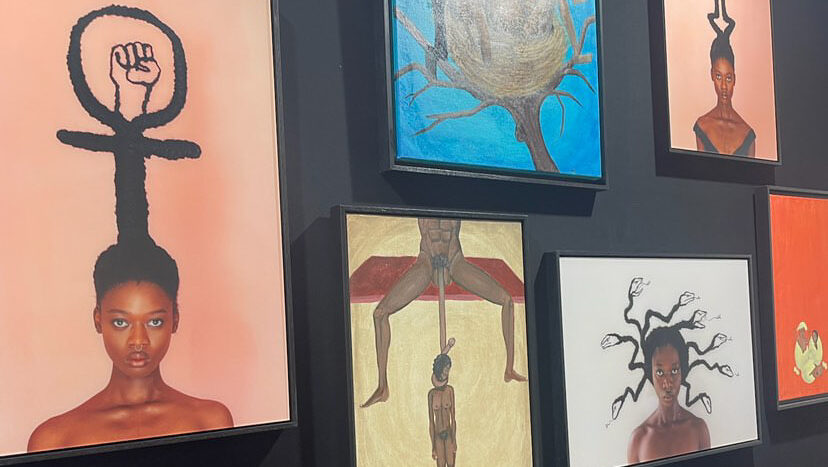
Africa's Art Market: Emancipation, Innovation, and Global Impact
Lara Sleiman • October 26, 2024 •
4min read

Woven Paintings and Human Migration: Clement Denis Exhibition at Chelsea's Nicolas Auvray Gallery
Abigail MacFadden • October 24, 2024 •
4min read

Textile, Texture, and Transformation: Innovative Voices in Contemporary Art
Abigail MacFadden • October 22, 2024 •
5min read
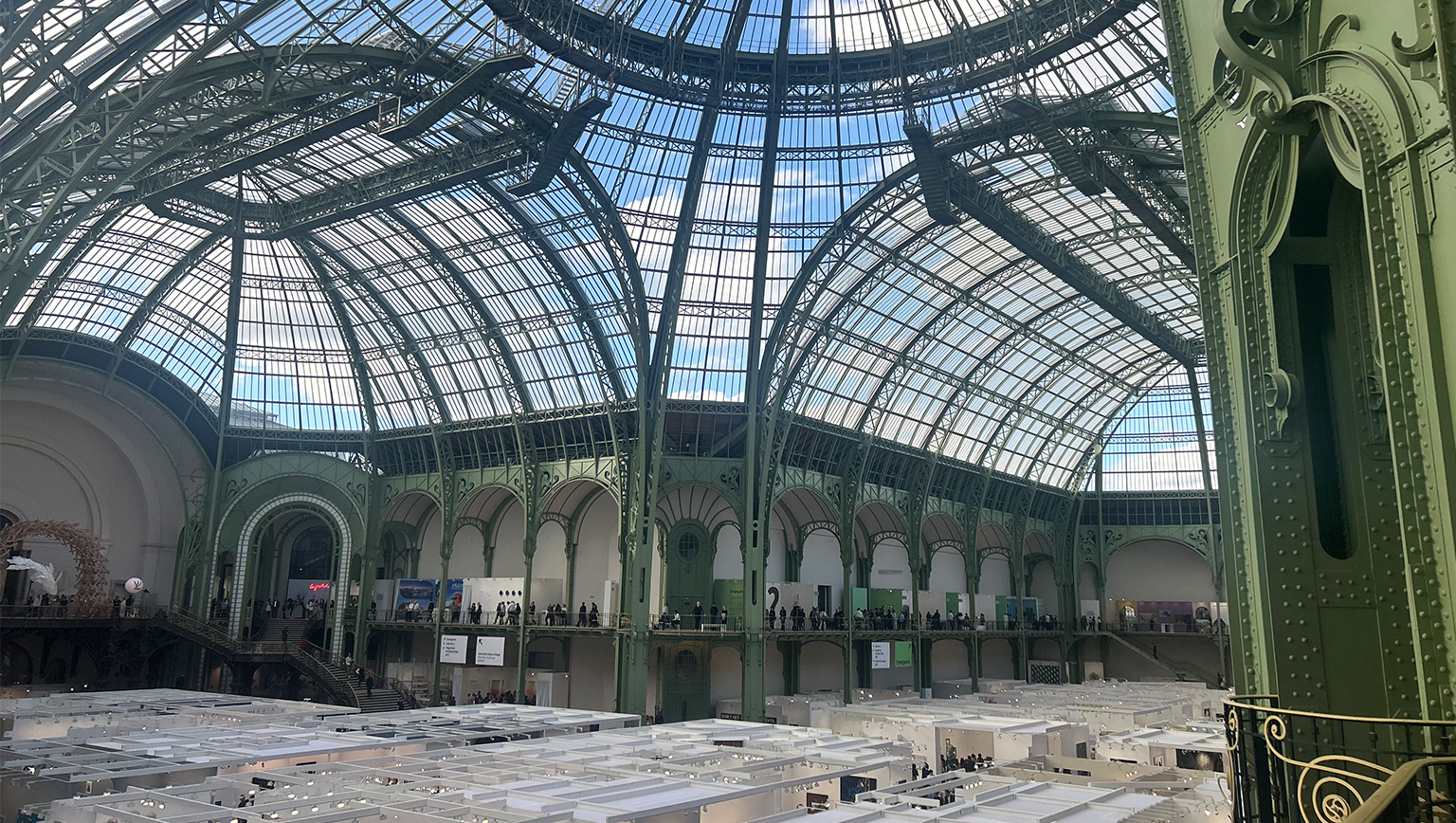
Art Basel Paris Guide: Can’t Miss Booths and a new James Turrell!
Abigail MacFadden • October 17, 2024 •
5min read

Lara Sleiman: Curator on the Rise in the Art World
Abigail MacFadden • October 15, 2024 •
4min read

Julia Wheatley’s ‘It Left an Ugly Mark’: Music-Inspired Gem Paintings Sparkle at Soho’s Fana Jewelry Exhibition
Abigail MacFadden • October 9, 2024 •
4min read

Sculpting Stubborn: Carlos Enrique Prado Breaks the Mold
Chiara Padejka • October 8, 2024 •
6min read

Affordable Art Fair Review: A smashing success
Abigail MacFadden • October 1, 2024 •
4min read

“Memory Vessels”
Tessa Almond • September 30, 2024 •
4min read

Erlendur Fashion Week: Hot Fashion in Iceland
Abigail MacFadden • September 25, 2024 •
3min read

Clouds of Thought: Marie-Chloe Duval's Artistic Evolution in New York City
Abigail MacFadden • September 19, 2024 •
4min read

Sun-Soaked Fusion: Anderson's 'My Africa' Reimagines Diaspora for NYFW 2025
Saha Bernier • September 17, 2024 •
3min read

Avant Garde for the Environment
Tessa Almond • September 13, 2024 •
4min read

Pumping Iron in Couture: Raul Penaranda's 'Unexpected' NYFW Spectacle Turns Gym into Glam
Abigail MacFadden • September 11, 2024 •
3min read

September New York Art Week Can’t Miss Fairs!
Abigail MacFadden • September 4, 2024 •
4min read

Animating the Abstract: Marine Buffard's Whimsical Rise in Digital Art
Abigail MacFadden • August 21, 2024 •
4min read
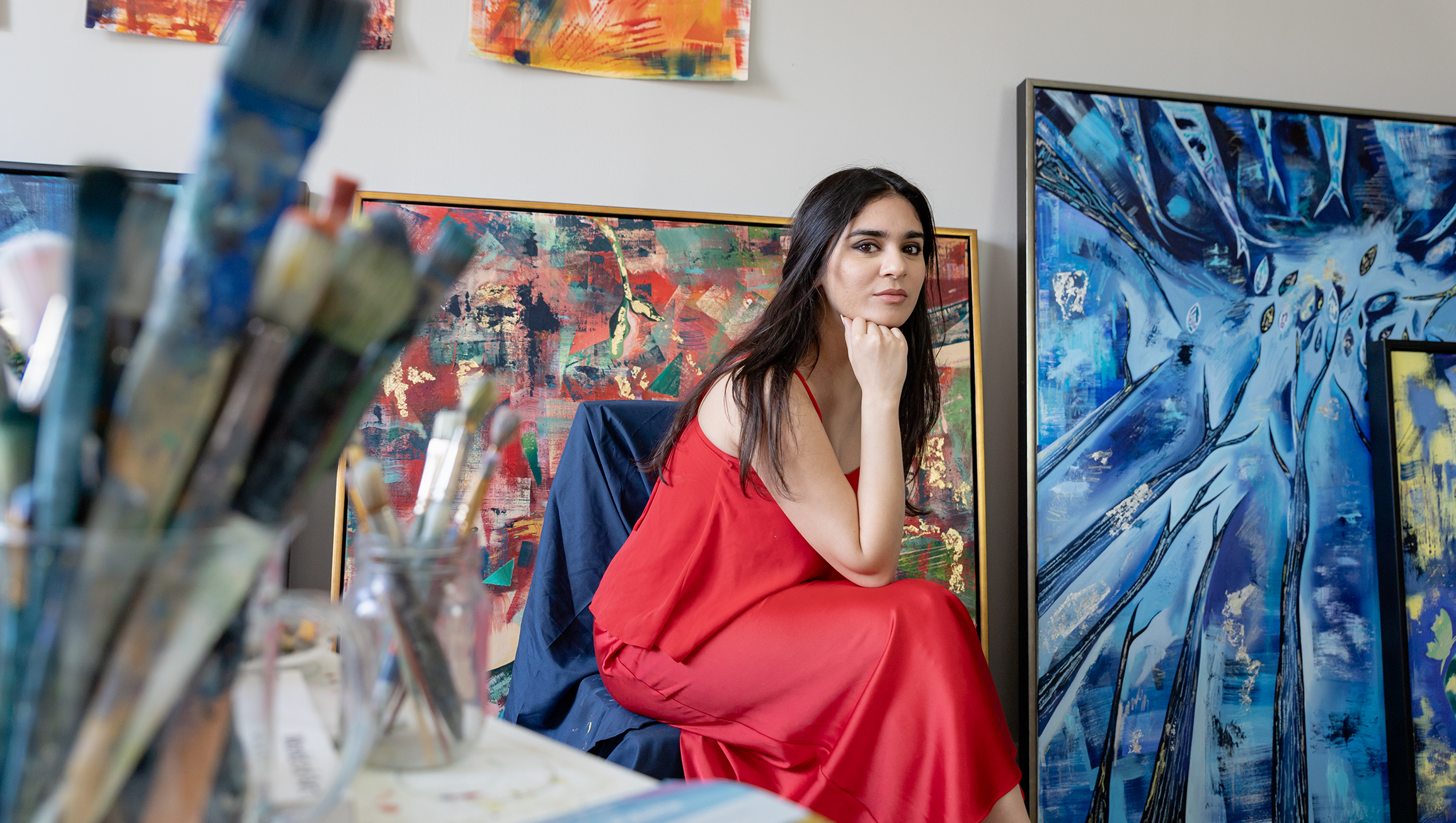
Vibrant Vulnerability: Jeena Raghavan’s Colorful Journey Through Art
Abigail MacFadden • August 13, 2024 •
3min read
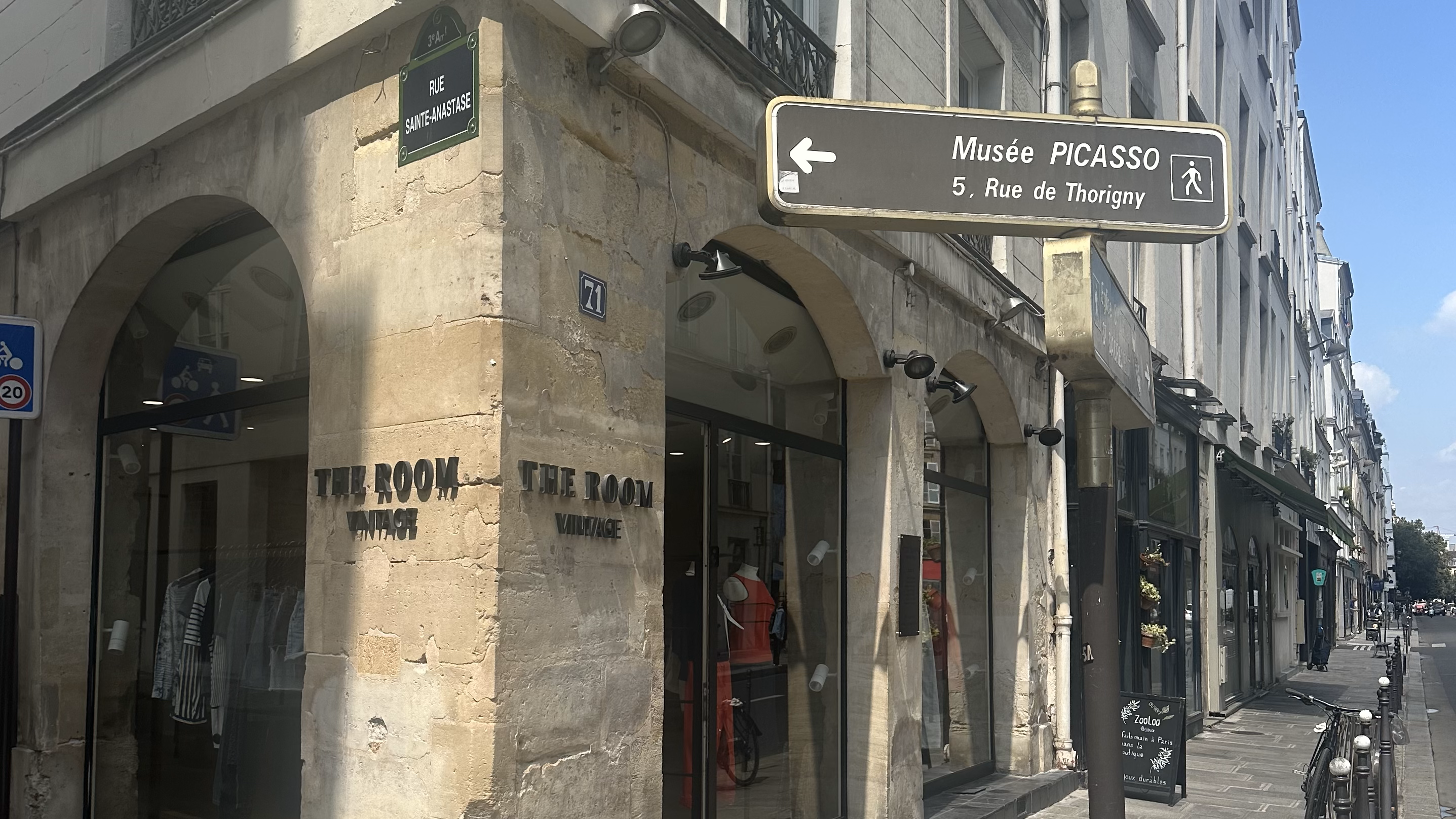
A Cultural Gold Medal: Picasso Museum Shines During Paris 2024 Olympics
Abigail MacFadden • August 9, 2024 •
4min read

Beyond the Podium: The Cultural Tapestry of France’s Olympic Spectacle
Abigail MacFadden • July 31, 2024 •
4min read
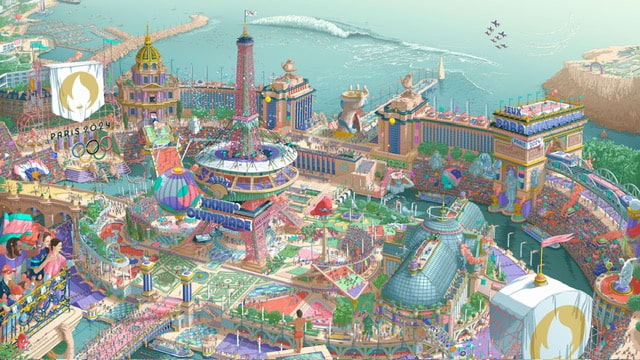
Paris Reimagined: Ugo Gattoni's Olympic Odyssey
Abigail MacFadden • July 25, 2024 •
4min read

Fashion Meets Function: Designers Redefine National Pride for Paris 2024 Olympics
Abigail MacFadden • July 17, 2024 •
2min read
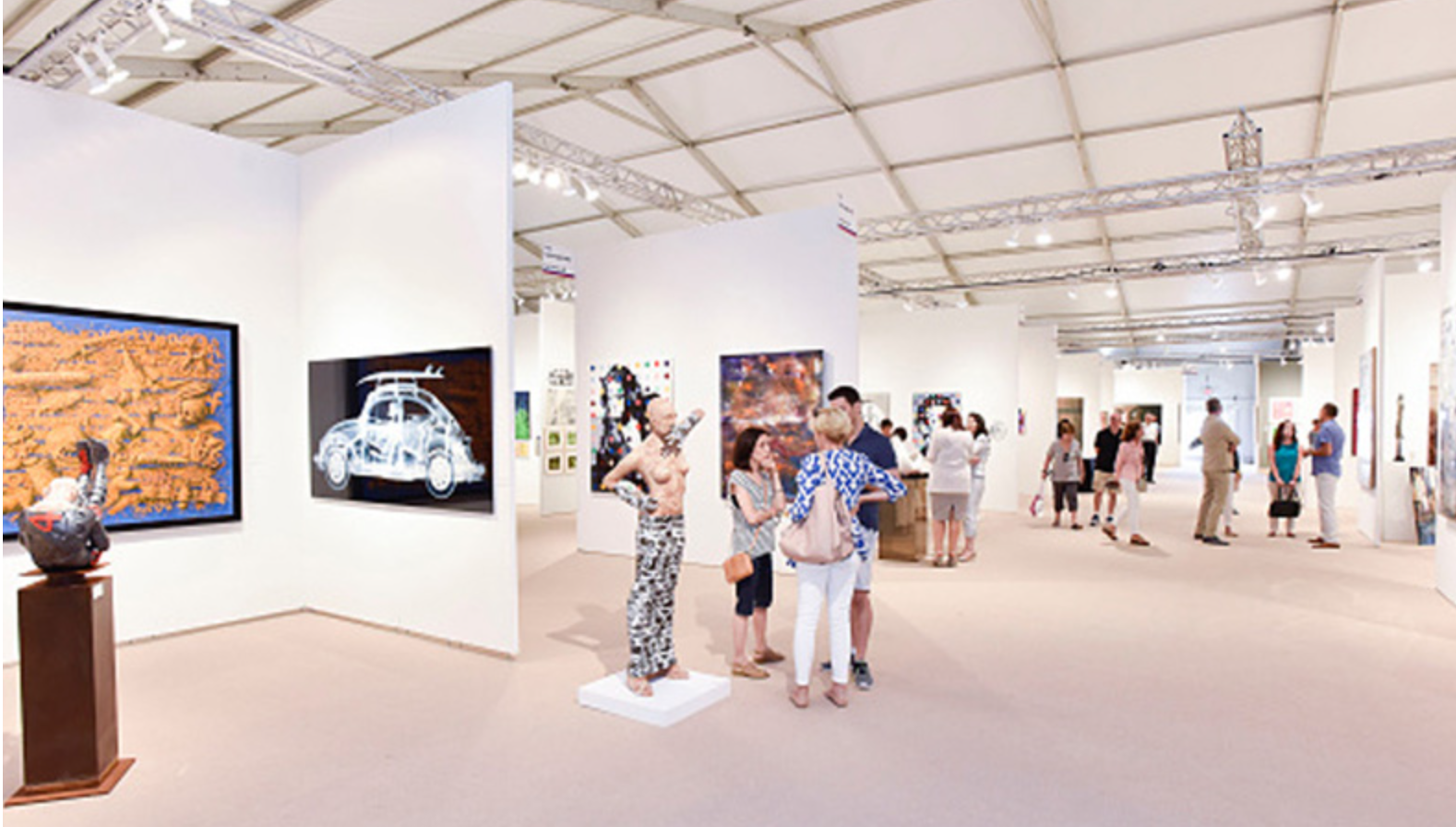
The Hamptons Fine Art Fair: A Cultural Cornerstone of the East End
Abigail MacFadden • July 11, 2024 •
3min read

Maxine Hoover: Stargirl is on a Meteoric Rise in New York Art World
Abigail MacFadden • June 25, 2024 •
3min read

Flaco Waters: Celebrated Artist Creates Incredible Series for 100th Anniversary of Harlem Renaissance
Abigail MacFadden • June 11, 2024 •
4min read
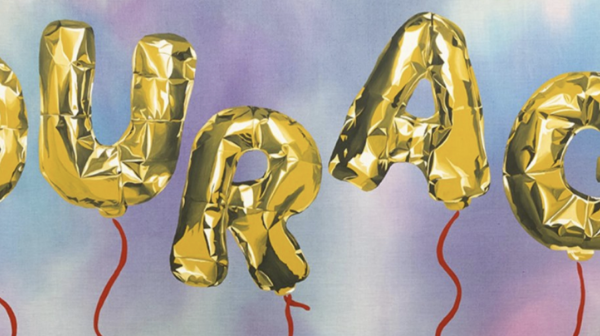
Unbelievable Shows not to be missed in the New York Art Scene this Week!
Abigail MacFadden • June 6, 2024 •
4 min read
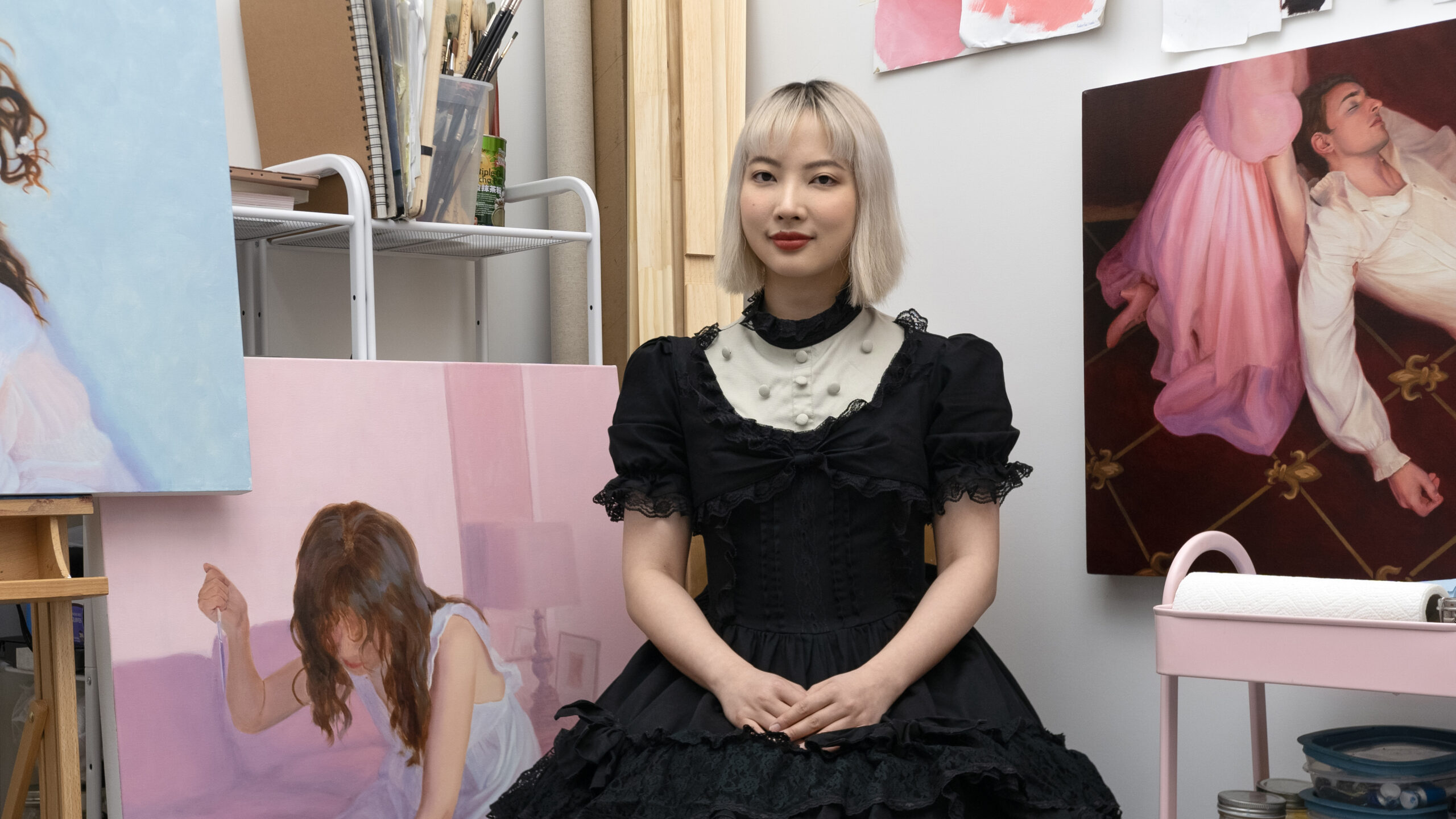
Junyi Liu: Painter, Performance Artist on the Rise in New York City
Abigail MacFadden • June 5, 2024 •
10 min read
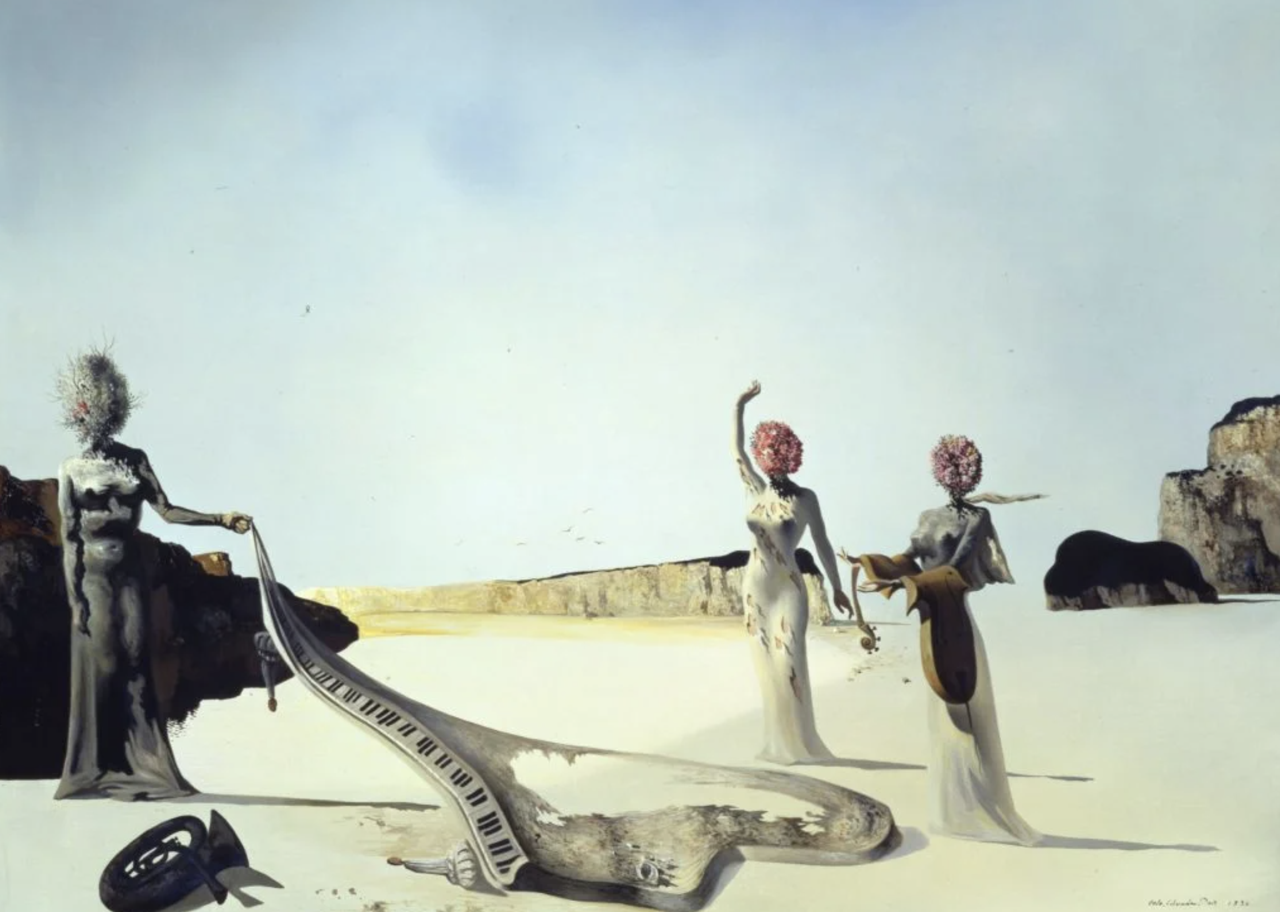
The Surreal World of Dali and the 100th Anniversary of the Surrealism Movement
Abigail MacFadden• May 31, 2024 •
6 min read
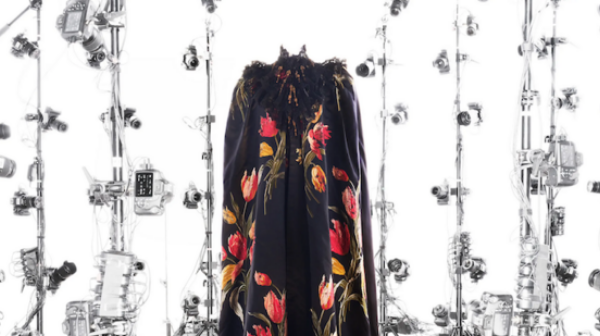
Art Show Roundup: Memorial Day Weekend and Summer Exhibitions in NYC
Demi Dubois-Moreau • May 23, 2024 •
6 min read


